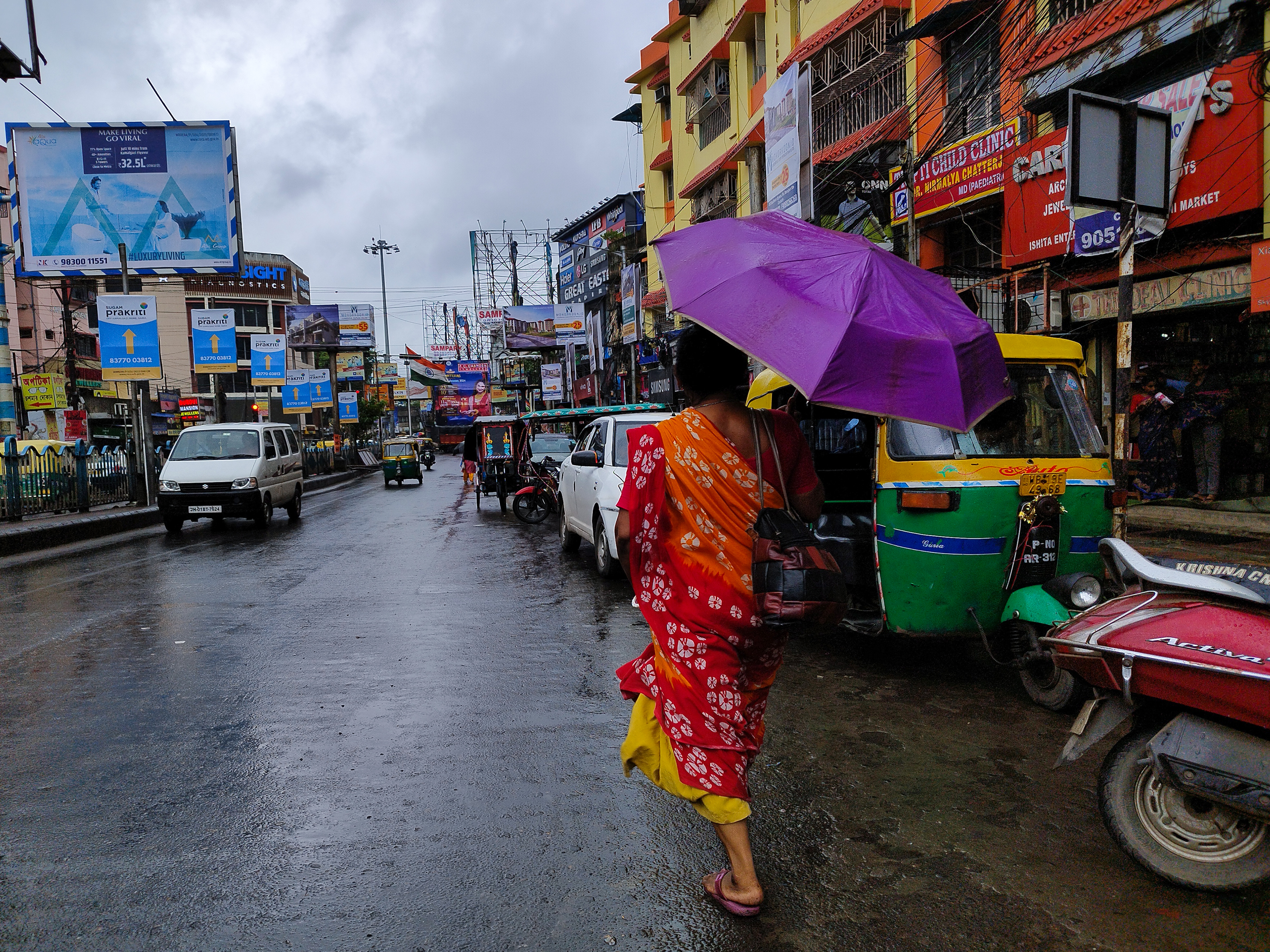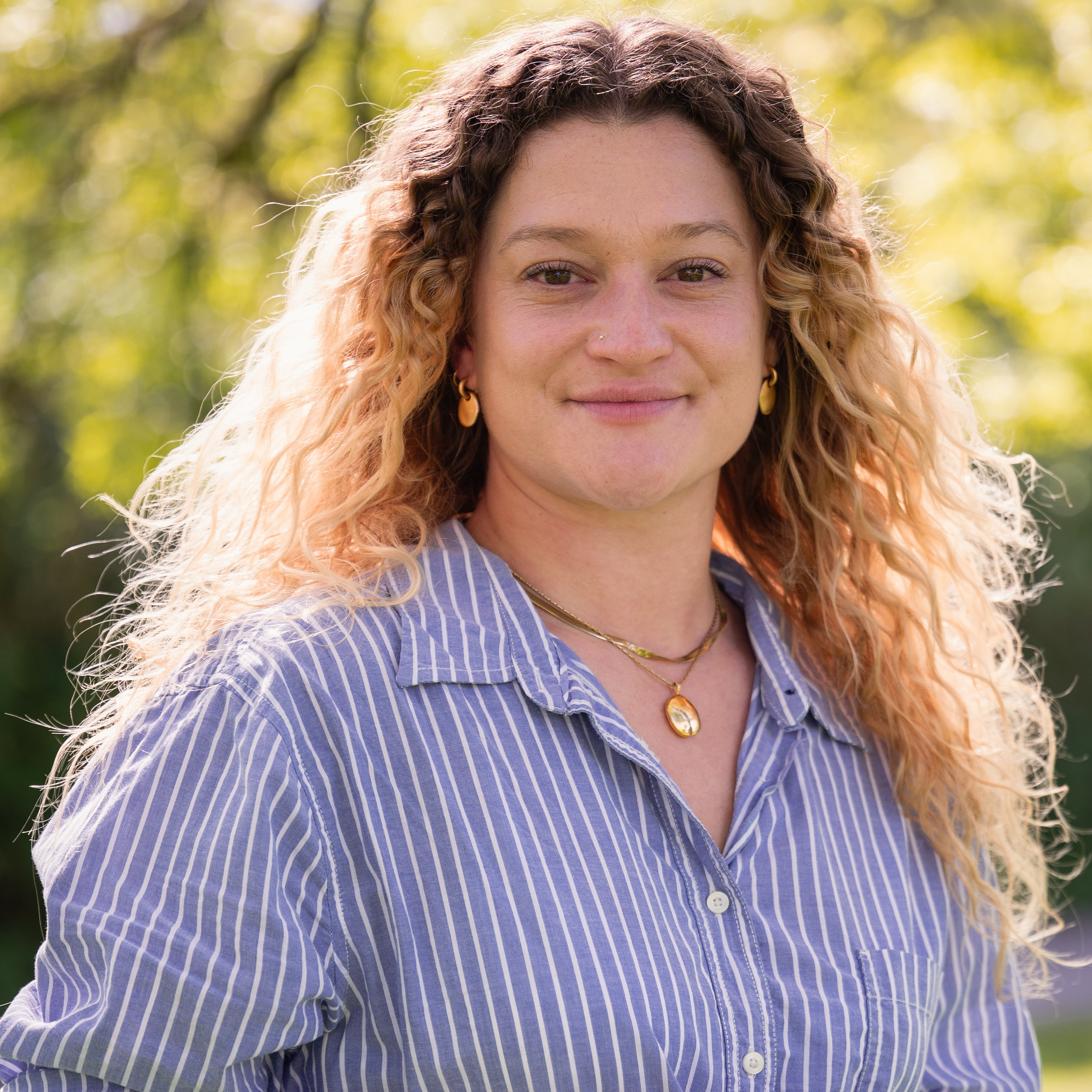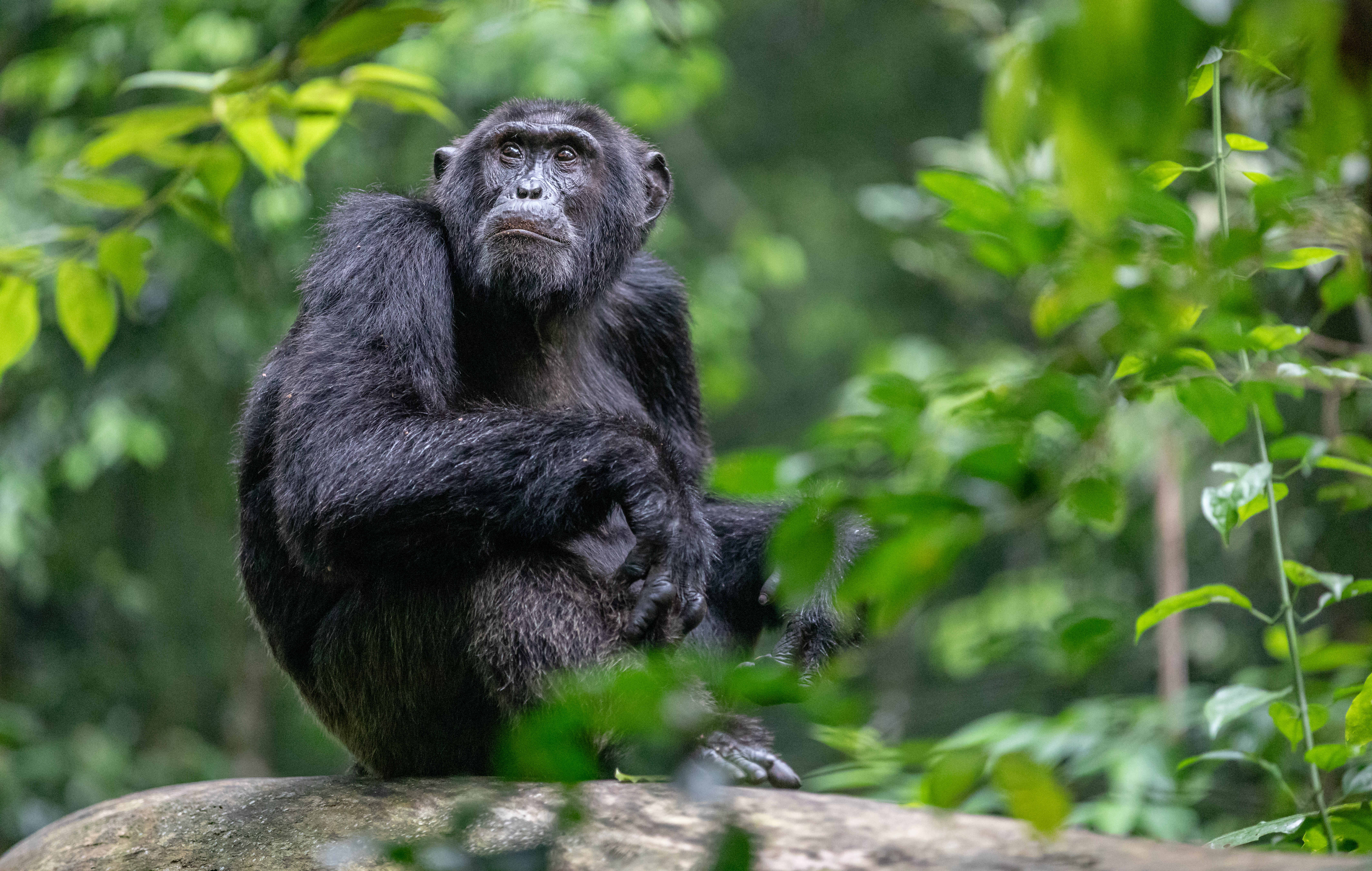Taking non-consensual photographs of women in public is ruled acceptable in Indian court
The incident was not deemed 'voyeurism' but could come under sexual harassment clauses in Indian law

Even when out in public, one expects to have a certain degree of privacy, and safety.
The Kerala High Court has ruled that taking photographs of a woman in front of her house does not constitute voyeurism under Section 354C of the Indian Penal Code, declaring it a public space.
The judge made this ruling in response to a petition filed by two men who had charges brought against them for allegedly taking a photograph of a woman on her doorstep, and making gestures with sexual intent, according to the Times of India.
According to the prosecution, the incident happened in 2022, when the woman in question was standing out front of her house when the two men approached her in their car, took photographs of her and made sexual gestures.
The police filed the case against an accusation of voyeurism, and section 509 – a word, gesture, or act intended to insult the modesty of a woman.
Despite voyeurism not being held up in court, it did state that such actions could potentially fall under sexual harassment charges in section 509.
The court asserts that voyeurism only applies when a woman is engaged in a private act and under circumstances that she wouldn’t expect to be observed.
Get the Digital Camera World Newsletter
The best camera deals, reviews, product advice, and unmissable photography news, direct to your inbox!
Upskirting, the taking of pictures or filming under someone's clothing – whether in a public place or not – has been illegal in India since 2000 under the Information Technology Act, and the punishment is prison time of up to three years, and of 200,000 rupees ($2,370 / £1,840 / AU$3,600).
Upskirting was only made illegal in the UK in 2019, and in America punishments vary wildly from state to state.
Obviously, the court incident above and upskirting are sexually motivated crimes and should be dealt with as such. But for many years self-titled ‘street photographers’ have been taking pictures of people going about their days without consent, and sometimes without their knowledge.
The controversial style of using non-consenting subjects in photography is a divisive topic among photographers, and one that I believe, despite producing some incredible work, is unethical.
ABOVE: Is Bruce Gilden's behavior any better?
In 1979, photographer Sophie Calle published Suite Venitienne, a black-and-white photographic project accompanied with diary entries. The subject? A man Calle met at a party in Paris and, unbeknownst to him, followed to Venice where she disguised herself and followed him around the city taking photographs of him.
The wider context of the crime in India is unclear, but from what we know, arguably Calle’s ‘art’ constitutes far more sinister behavior. However, she is considered by art critic Blake Gopnik as one of the top ten important artists of today.
Similarly, the photographer everyone loves to hate (and some just hate) Bruce Gilden has a controversial technique for capturing his street photography, wherein he walks the streets, selects a subject, and pounces with his camera and flash.
Journalist Sean O’Hagan wrote of Gilden in The Guardian: "His style seems to work against any intention to humanize his subjects.”
Despite the harsh criticism, and the divisive nature of his work, Gilden is a fellow of the Guggenheim, a member of Magnum Photos, and a recipient of the European Publishers Award.
It seems the line between harassment and art is fine, and as long as you call yourself a professional and have international support, there is no victim.
Take a look at our guides to the best cameras for street photography, and the best coffee table books on photography.

After graduating from Cardiff University with an Master's Degree in Journalism, Media and Communications Leonie developed a love of photography after taking a year out to travel around the world.
While visiting countries such as Mongolia, Kazakhstan, Bangladesh and Ukraine with her trusty Nikon, Leonie learned how to capture the beauty of these inspiring places, and her photography has accompanied her various freelance travel features.
As well as travel photography Leonie also has a passion for wildlife photography both in the UK and abroad.

